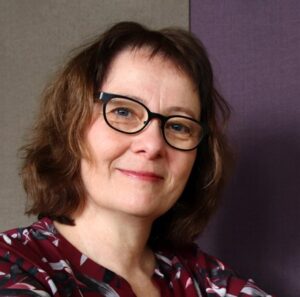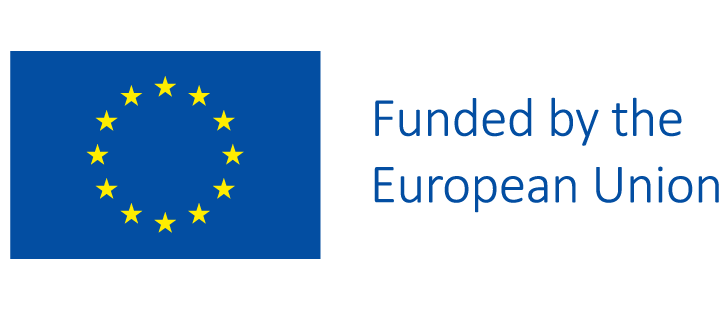By Katalin Miklóssy
Katalin Miklóssy is the Leader of Work Package 6 for the ARENAs project, and here she explores how politically biased research is perceived in our increasingly polarised societies.
We are just as free as the society around us. Academic freedom depends on how well the people understand the ordinary everyday threats to democracy.
 When someone claims that scientists are living in an ivory tower, it is a serious allegation indicating a weak connection with society. I work at the University of Helsinki where we have a special indicator for measuring social impact. We believe that by cumulating social engagement, we can make a real-life difference, and that is the primary goal of our profession.
When someone claims that scientists are living in an ivory tower, it is a serious allegation indicating a weak connection with society. I work at the University of Helsinki where we have a special indicator for measuring social impact. We believe that by cumulating social engagement, we can make a real-life difference, and that is the primary goal of our profession.
Communication about what we do is vital.
I am a rule of law scholar and area specialist, working on the Eastern flank of the EU. I have been frequently called upon to explain – in plain terms – why some countries turned away from the democratic road and how extremism is becoming more mainstream in this region.
Social outreach is never an easy task because the language you use must be adjusted to the audience. The most difficult requirements are set by the media because public television, radio, and dailies target everyone and anyone. While a delicate balance how to talk about politically sensitive issues must be maintained, at the same time, novel angles should be introduced. responsibility as academics is not only replying to already existing questions but to generate new ones for the public discourse.
Media-presence creates a snowballing affect. Mediatised information reaches people widely and various stakeholders get interested. Raising a novel argument can be often useful for decision-makers, civil servants, or chambers of commerce, that send an invitation to have a more targeted analysis for their needs.
The greatest fun is, however, meeting with high school students. Young people are inspiring because with unexpected questions they push you off from your comfort zone and show if they are unhappy with the answer. This kind of interaction can encourage a rethinking of scientific problems, even. Talking in adults’ colleges and to various NGOs, dealing with human rights, social matters, or cultural tasks are equally rewarding. These organizations are particularly important in bottom-up structured societies like in Finland where civic communities are traditionally strong and influential.
Building trust and establishing lasting interactions to a wide and varied audience expands the access to and leverage of academic knowledge. If the representatives of the young generation, the elderly, who are active voters, the decision-makers, the journalists, and the common citizens listen to you and get a fresh idea, then all the energy and time invested was worth it.
Click here to watch a recent TV interview with Katalin Miklóssy and read a recent newspaper interview which also contains a video segment.

